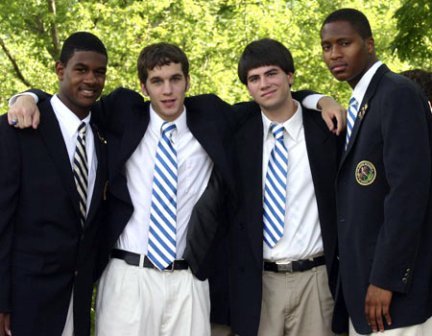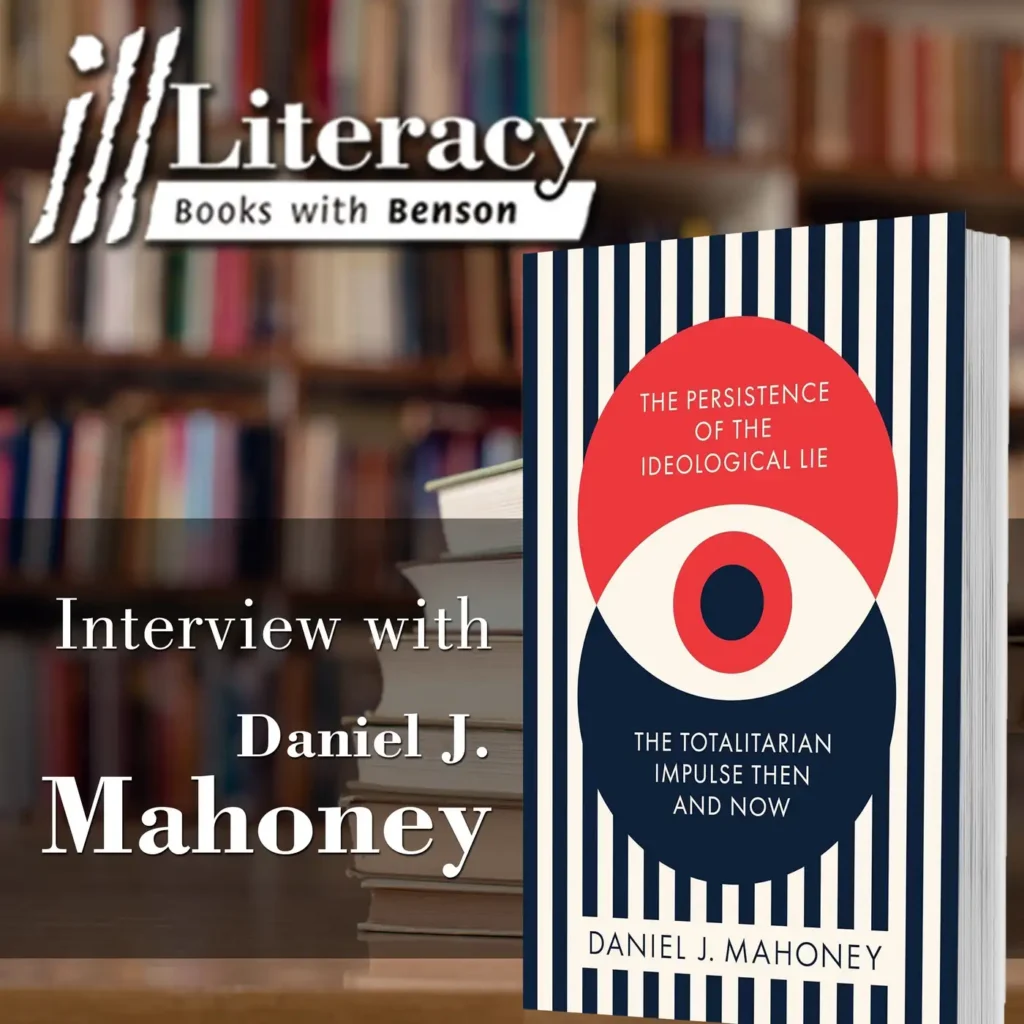Given a choice, about half the voters in six states would either send their children to a private school or educate them at home, a new survey by the Foundation for Educational Choice finds.
The survey of 600 registered voters in Alabama, Arkansas, Kansas, Mississippi, New Jersey, and New York is the latest in a series of polls by the Indianapolis-based foundation examining voter opinion on school reforms.
Pollsters asked voters a range of questions focused on a variety of educational policies, including state performance, education spending, graduation rates, achievement rankings, charter schools, virtual schools, tax credit scholarships, and school vouchers.
“We chose the six states mainly because school choice should have been a relatively new concept when it comes to public policy,” said Paul DiPerna, the foundation’s director of research. “None have voucher or tax-credit scholarship programs.”
These states were chosen to represent a cross-section of the United States and a broad range of factors such as a diverse political and ideological range, size of the student population, and geographic range, DiPerna explained.
“In some ways,” continued DiPerna, “I look at this kind of polling as a baseline assessment to get an approximate estimate of [voters’] appetite for vouchers, tax-credit scholarships, and charters, and their overall view of public education in the state.”
Low Awareness of Costs
DiPerna said the poll was designed to take political parties and ideology into account, noting the survey sample included at least three conservative-leaning states (Kansas, Mississippi, and Alabama), one “mixed bag” (Arkansas), and two liberal-leaning states (New Jersey and New York). The poll also surveyed two different regions (the South and Northeast) and had a mix of urban, suburban and rural voters.
One of the most startling survey findings was voters’ lack of awareness about the costs of public education in their states, says Jeff Reed, director of state programs and government relations for the foundation,
According to the poll, only 24 percent of voters in Mississippi could estimate the correct spending range for public schools in their state. The results were even worse for the other five states, where no more than 11 percent of voters were able to estimate the spending range correctly.
“Legislators and governors concerned about declining revenue must do a better job of educating the public on the cost of public education and how, through school choice, they could realize fiscal savings,” Reed concluded.
Candidate Education Planned
Education spending and reform will be front and center in most states’ legislative sessions in 2011 as lawmakers wrestle with how to fill deep budget holes. Mississippi also has an election cycle this year.
“All legislative seats will be on the ballot in 2011 in Mississippi,” said Forest Thigpen, president of the Mississippi Center for Public Policy. “We will use the survey results during the legislative campaign to make sure candidates [are aware of] the widespread understanding of and support for all forms of parental choice in education.”
Andrew LeFevre ([email protected]) is president and CEO of the Arizona Choice in Education Foundation.?




